Kuda Bank, Moniepoint, OPay, and Palmpay have ceased opening new accounts for customers in response to a directive from the Central Bank of Nigeria. This action was taken two days after the Economic and Financial Crimes Commission (EFCC) blocked 1,146 bank accounts involved in unauthorized forex transactions.
A notice displayed on a prominent fintech startup’s website stated, “We’ve temporarily halted new signups on our platform, meaning new accounts cannot be opened at this time. We apologize for any inconvenience caused.”
As of the time of this report, mbzblog encountered difficulties opening new accounts on the affected fintech apps. It’s important to note that customer deposits and banking operations remain unaffected.
Over the past year, fintech companies have faced heightened scrutiny regarding their account opening procedures. In October 2023, Fidelity Bank restricted transfers to OPay, Palmpay, Kuda, and Moniepoint due to concerns over lax Know Your Customer (KYC) processes leading to increased fraud incidents. Subsequently, the Central Bank introduced new KYC regulations for all financial institutions, seemingly targeted at fintech startups.
The recent directive to pause new account openings is reportedly linked to an ongoing audit of the KYC processes of these fintechs, according to an executive at one of the affected companies. However, they described the pause as “temporary.”
On April 26, representatives from the Central Bank and the National Security Agency (NSA) held discussions with representatives of the affected fintech companies. According to sources familiar with the conversations, the Central Bank expressed concerns that many crypto traders were utilizing fintech platforms to disrupt the foreign exchange (FX) market.
An executive at one of the affected fintechs informed TechCabal that the directive is connected to the EFCC’s investigation into bank accounts involved in unauthorized FX transactions. However, an analysis of the 1,146 blocked accounts revealed that only 10% were operated by fintechs, with the majority belonging to commercial banks.
A spokesperson for the NSA denied any connection to the directive to halt new account openings. The Central Bank did not provide an immediate response to requests for comment.
In March, the Central Bank stated that the naira’s decline in value in 2024 was due to manipulation by speculators. This assertion followed Olayemi Cardoso, the Central Bank governor, revealing that $26 billion had passed through Binance within a year from unidentified sources and users. Consequently, the Central Bank initiated measures against the global cryptocurrency exchange Binance, leading to the charging of two Binance executives with tax evasion and money laundering.
Furthermore, in December, the Central Bank mandated all financial institutions to collect ID cards before opening financial accounts, contradicting a 2013 rule designed to support financial inclusion allowing Nigerians to open accounts without identity cards. Additionally, the Nigeria Inter-Bank Settlement System (NIBSS) instructed banks and mobile money operators to remove unlicensed fintechs from directly accepting consumer deposits.





Voluptatem suscipit voluptas consequuntur dignissimos numquam omnis velit. Qui et voluptatem. Odio fugit ducimus numquam et. Autem explicabo aspernatur reprehenderit. Et ducimus est reiciendis perspiciatis enim Ab aspernatur sequi debitis praesentium sunt. Asperiores aut culpa rerum et qui. Aliquid dolorem molestias assumenda.
Sapiente non enim placeat quod. Quas aut temporibus id ducimus. Ad est odit laborum voluptatem aspernatur Tenetur rerum quaerat deserunt ut et qui. Animi deserunt velit at vero. Laborum delectus aut vel quasi quia. Quaerat quaerat rerum a. Accusamus et dolores in Ipsum soluta voluptates omnis explicabo. Illo ut qui tenetur. nobis adipisci Nemo assumenda reiciendis facere quia non. Ut omnis non consequatur fugit dignissimos.